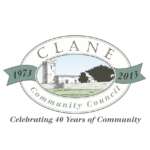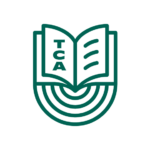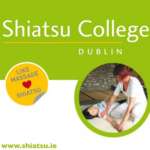By Mark Godfrey
Longer work hours, more responsibilities, less exercise and shorter holidays have all contributed to the mess grown men and women, accountants, teachers and lawyers, all tearing out their hair – asking themselves “what’s it all about ” Being unable to answer the question, many of them have turned to the task of self-exploration.
One such seeker is a former banker and a good pal of mine. “It’s the realisation of the universality of Truth and the experience of bliss, it’s an opportunity to realise and become conscious of an Supreme Reality”; that’s what this loudly dressed Dublin advocate of spirituality told me recently.
Nobody can define truth, “you’ve got to live it you’ve got to be it”, my friend continued. And she’s adhered variously to Sufism, Theosophy, Christianity, Vedanta, Zen and Buddhism. “Whatever name you want to put on it, you have to feel the “at-one-ment” with the reality. Your surrender is signing off from personality and ego standpoint, then living from the One. ”
I’ve learned a lot from this friend, but I carry my salt canister during most conversations! She is, of course, just one among the multitudes who have started to take their own spirituality very serious. While one’s physical fitness is determined by the strength of the body, many people feel that spiritual fitness is equally essential to life. They look for relaxation, mental strength, confidence and they speak constantly of a desire to know themselves better and to be more at peace with themselves and with the world.
In essence, religion and spirituality are the same. Spirituality is at the core of all religions. However, you might argue, many religions have forgotten this core and religion has come to mean for many a blind organized faith, dogmatic and fundamentalist in its views. That partly explains the attraction of Eastern faiths for many lapsed Christians in the West. The teachings of Hinduism and Buddhism are seen as more peaceful, more freeing and less materialistic and, thus, Westerners are starting to study them for at least the bits they can identify with. Therefore, it’s been derided as the “quick fix” method of those facing middle age crises. Adherents of conventional faiths have labelled it as “a la carte religion. ” Indeed, spirituality isn’t about organised religion, rather it aims at a simple one-on-one communication with the Divine without reliance on any dogma. Spirituality is about your experiences, not someone else’s.
Yoga, having originated from Hindu India, is one of the most popular manifestations of spiritual classes in Ireland. Reiki, Tai-Chi, meditation, Eastern philosophy and the two principal Eastern religions of Buddhism and Hinduism are all drawing greater numbers of followers in Ireland. Again, the emphasis is on self-realisation and since practitioners believe the Divine is universal or all around us, there is no religion in yoga. While there are various philosophical approaches to yoga, but the student is free to choose whatever path he deems fit.
Spirituality is a very personal thing. Thus, it’s difficult to advise you on any approaches. Be yourself and don’t be afraid to try something new. You should, however, make yourself familiar with the background to, and the purpose of, what every activity or faith you follow – be it yoga or Rieki or Buddhism. Be aware of the limitations so that you’re not disappointed if it doesn’t turn out to be right for you. And do stick to well-respected groups and practitioners. This writer has heard a few unpleasant stories of cults masquerading as meditation teachers.

















